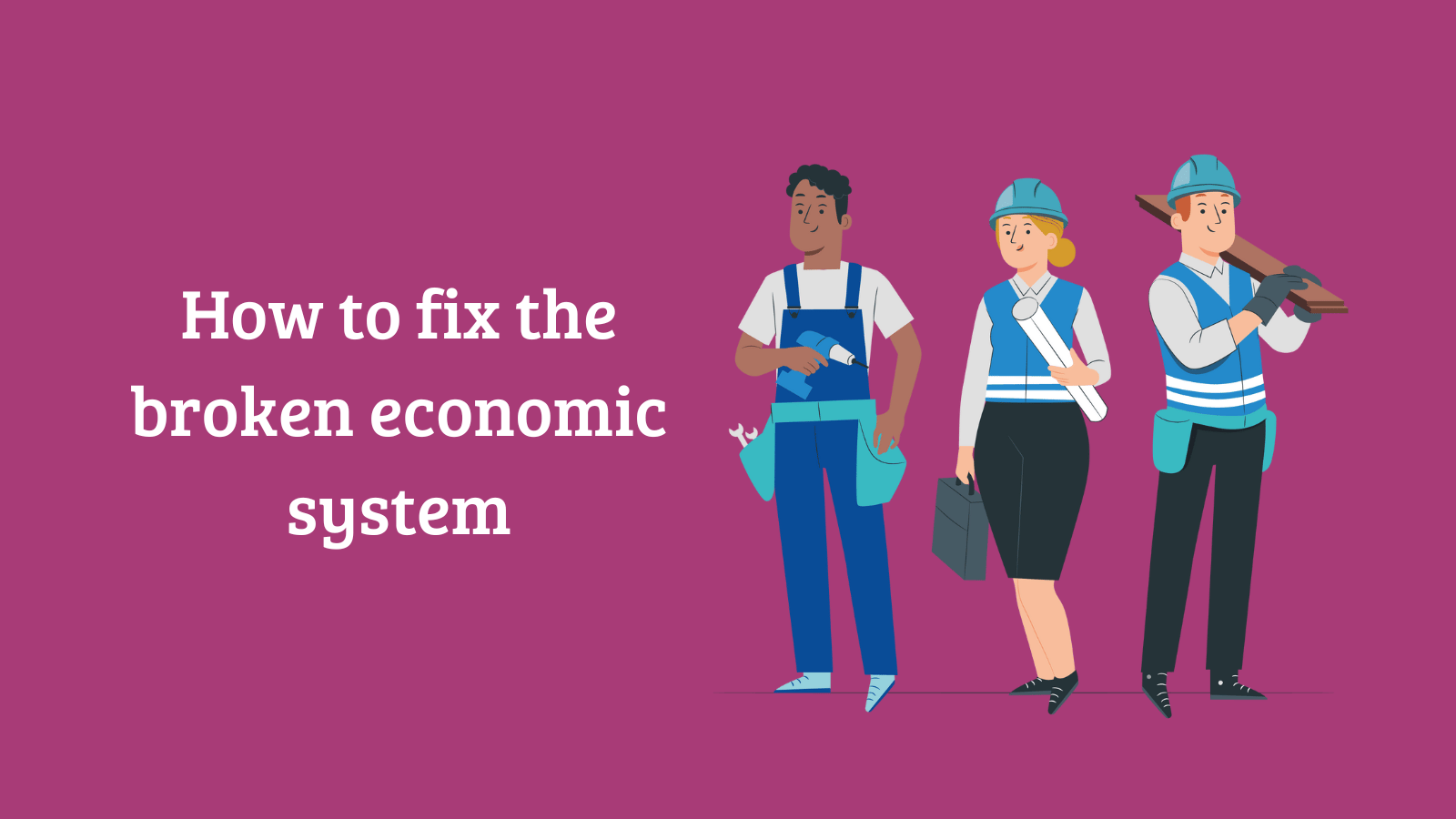How to fix the broken economic system
The Archbishop of Canterbury made headlines last week when he argued that the British economic model was “broken” and in need of fundamental reform (News, 8 September).
Writing in the Financial Times, to coincide with the launch of an interim report of the Commission on Economic Justice, Archbishop Welby lamented “a profound state of economic injustice”, and said that most people wanted an economic system that was “in the service of human nourishing and the common good”.
The Archbishop was right to say that the economic system is not working. Consider these alarming facts: 1.5 million people do not have access to a bank account; 2.9 million people are in financial distress; the charity that I chair, StepChange, estimated in 2015 that 8.8 million people were over-indebted, and a quarter of the population had savings of less than £500; and 13 million people lack adequate savings to deal with an income shock.
The personal cost of this is harrowing. For example, more than two-thirds of Christians Against Poverty’s clients visited their GP owing to the negative impact of their financial problems, and one third of them have contemplated or attempted suicide. There is a strong argument to be made that financial distress is the biggest cause of social detriment in this country today.
It has traditionally been argued that these problems should be solved by the public authorities: the Government and the regulator. This is combined with exhorting the management of financial-services firms to “behave better” and to improve their culture.
Sir Hector Sants is a former chief executive of the Financial Services Authority. He is a trustee of the Just Finance Foundation, and chairs StepChange. He writes in a personal capacity.
This is an edited extract of a talk delivered at a conference at Ripon College, Cuddesdon and was first published in Church Times on 15th September 2017.
You can read the full article on The Church Times.

